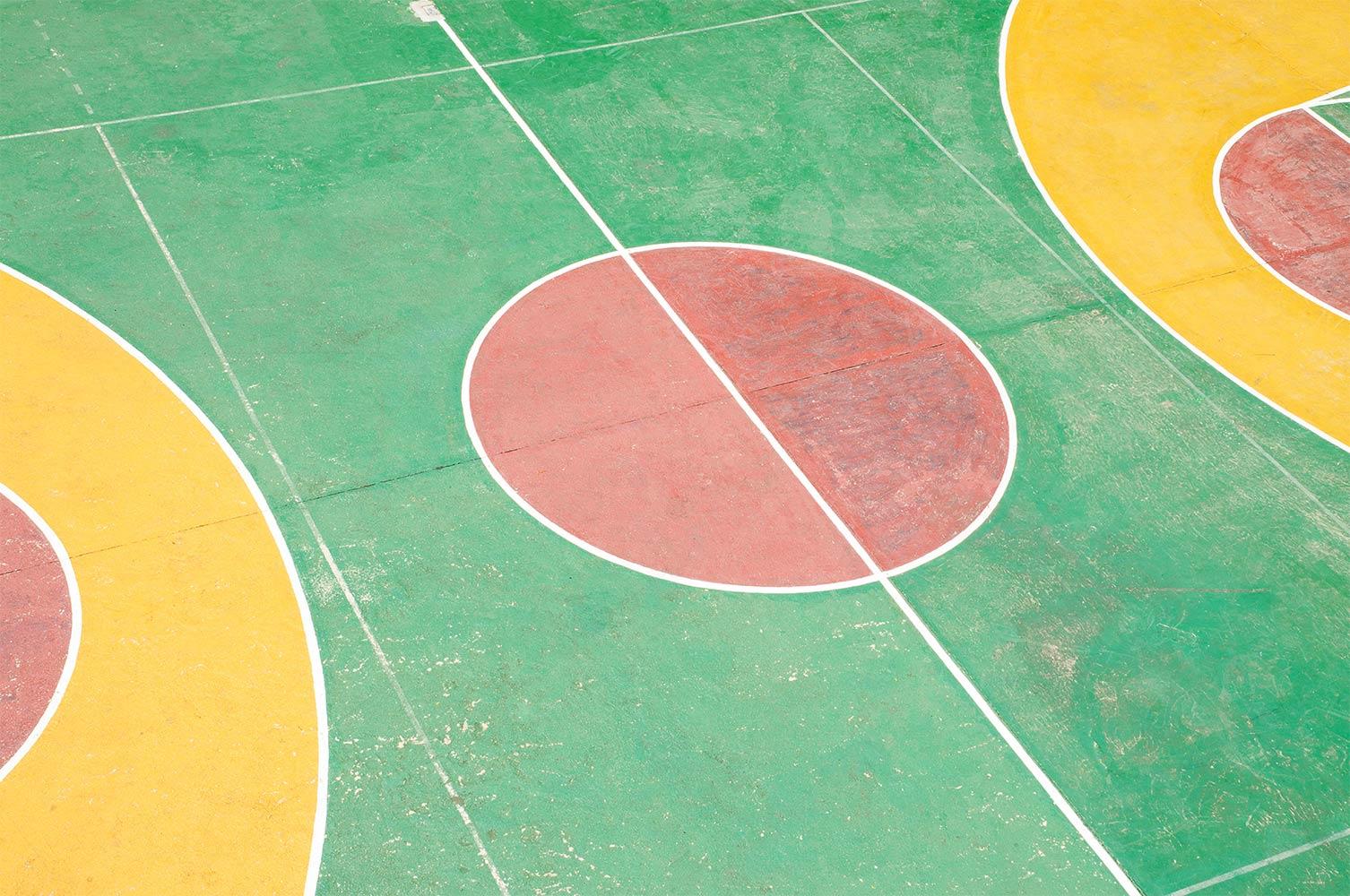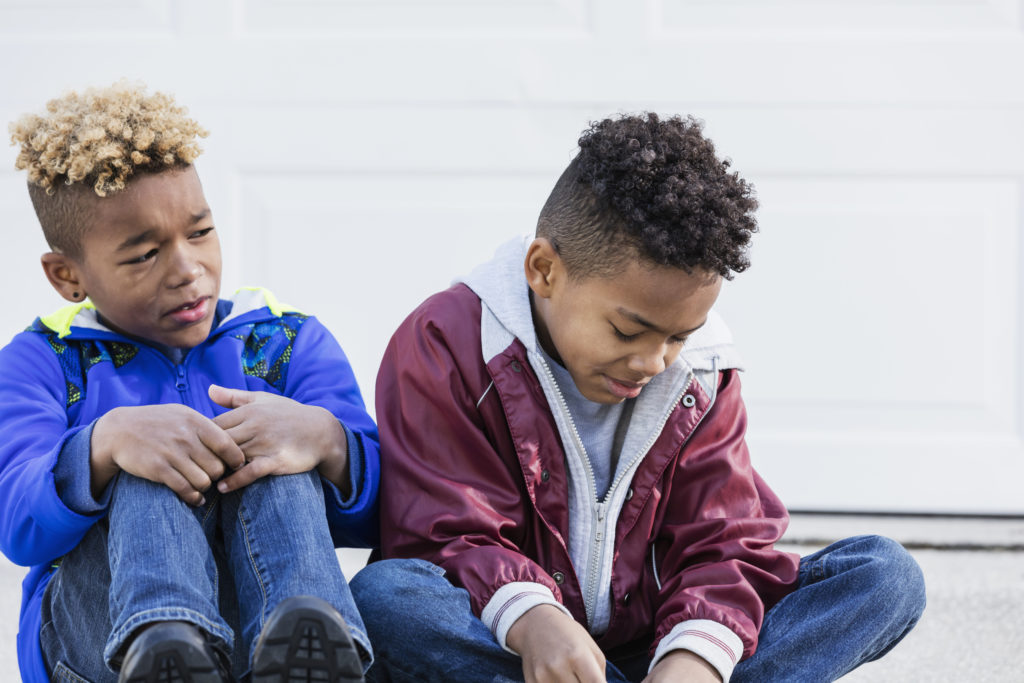
PW Elementary Counselor Newsletter
April/May 2023
Dear Families,
We hope you find it helpful.
Be well,
Arzu Alkan, Guggenheim Counselor 767-5268
Jen Biblowitz, Sousa Counselor 767-5365
Casey Horowitz, Daly Counselor 767-5219
Gina Kelly, Salem Counselor 767-5425
Barbara O'Donnell, Manorhaven Counselor 767-5325
Jessica Shawver, Daly Pre-K Counselor 767-4954
You may be hoping your child will learn how to read and write in the first few months of preschool or kindergarten. But there are many other skills that she needs to master before an academic focus is appropriate. Studies show that the most important skills to learn in the beginning of the year are social: cooperation, self-control, confidence, independence, curiosity, empathy, and communication.
The First Basic Skills: The Four Cs
Here are a few examples of teachers' goals for the beginning of the school year. Ask your child's teacher to tell you about her objectives and her suggestions on how you can support these skills at home.
- Confidence: One of the first skills teachers focus on is the development of your child's sense of confidence or self-esteem. This means helping her feel good about who she is, both individually and in relationship to others. This is a lifelong skill that will help her feel competent now and as she continues in her schooling.
- Cooperation: Games, stories, and songs help your child learn how to work with others — no small task at this age! This teaches him how to empathize and to get along with others.
- Curiosity: Perhaps one of the most important skills she needs to develop at this stage is a true thirst for learning. Her teacher will use a wide variety of interesting materials and ideas to engage your child's natural curiosity.
- Communication: Expressing himself and representing his ideas, feelings, and knowledge about the world is a key skill for your child. It is at the core of all reading, writing, math, and science skills.
What You Can Do
Help your child develop essential social and emotional skills by making connections with school friends at home. Ask her whom she would like to invite for a playdate. It is often easier for children to make friends in their own space, one on one, than in school. Many teachers have found that a child who is having difficulties making friends or sharing in a large group often can make a close connection to a new friend on her "home turf." This relationship can then carry over to the classroom setting. Once there is a connection to one child in the classroom, more are soon to follow!
The Importance of Play
For your young child, play is important work. He grows, learns, and investigates the world through play. This happens through complex play activities that invite him to think, problem-solve, and participate in fantasy. When your child engages in play, he has to plan, create a focus, and strive for a goal — all essential life and work skills. Your child's teacher should provide play situations throughout your child's day. She may first introduce letters and numbers through meaningful dramatic play, block-building, and literature/music experiences. So don't fret if your child comes home saying he played all day! You can be sure that with his teacher's guidance and his own innate curiosity, he was applying very important problem-solving, reading, math, and science skills right in the midst of his play.
The experiences your child receives in the beginning of the year provide the foundation that will enable her to become an enthusiastic lifelong learner — enthusiastic because she has discovered that learning is fun as well as meaningful.
From Scholastic Parents 2023
Teaching Social Skills at home. Writer: Gia Miller Clinical Expert: Stephanie A. Lee, PsyD from Child Mind Institute
While some children who had social skills struggles before the coronavirus crisis are now finding it easier to communicate with their friends remotely, others are struggling to connect. Regardless of which category your child falls into, you may be worried that social distancing will set them back. If you’re stuck at home, how can you help your child maintain and build upon the social skills they’ll need to interact successfully with peers — in person or virtually?
The truth is that teaching kids social skills can be challenging for parents because these are skills most people pick up on their own. We usually don’t even know how we learned them, says Stephanie Lee, PsyD, a clinical psychologist at the Child Mind Institute. “Parents with children who have social skills deficits need to remember that even if something seems obvious, it may not be obvious for their kids.”
For example, Dr. Lee notes, “I don’t think anyone ever told me that if I’m having a conversation with someone and they start to walk towards the door or look at their watch, that means they’re trying to wrap up. It’s just something I figured out.”
But the good news is that there are ways you can help your child develop these crucial skills at home, even while their contact with peers is limited to virtual interactions.
Use modeling to focus on social skills
Try consciously modeling a few of the most important social skills, many of which will naturally occur with everyone cooped up together.
- Taking turns. Patiently waiting your turn to speak is a struggle for many children during in-person conversations, and it’s even more challenging over video chat. “Right now, you could practice purposeful turn taking with everyone in the home,” says Michelle Kaplan, LCSW, a clinical social worker. “For younger kids, you can take turns being in charge of who selects what you’ll build or how you’ll play with the dolls, and for older kids you can practice taking turns selecting games and topics of conversation.”
- Seeing things from someone else’s perspective. Tell your child how you made decisions during your day and what motivated your behavior so they can practice taking on your perspective. When possible, explain how you how you took someone else’s perspective, too. “For example, instead of saying, ‘I had a good day today,’ explain that you noticed an employee was feeling down,” says Dr. Lee. “Tell your child that you tried to take her perspective and thought about how difficult it must be for her to work with three kids at home. So you discussed it with her and decided to change her hours.”
- Being flexible. Lee recommends talking through your choices and actions to help your child understand how to tolerate their feelings and be flexible. For example, you might say: “I’ve been really upset and stressed today, and I think the news is what triggered me. So I’m not going to read or watch the news for the rest of the night. Instead, I’m going to play a game or read a book to distract myself.”
Sneak social skills lessons into movie nights
For children or teens who don’t understand societal norms, use your time watching TV or movies with them to build understanding, especially if they want to know more about the shows their friends are watching.
- Try a comedy. Understanding unspoken social rules and why things are funny can help children better relate to their peers. “For kids with social skills deficits, it can be hard for them to pick up on social awkwardness or sarcasm,” Dr. Lee explains. “They might not know enough about the characters to understand the dynamics, or they may not understand what behavior is considered appropriate for that setting. So you’ll need to explain the specifics and point out why it’s funny.”
- Set the scene. Before you start a new episode (or toward the beginning, if the show or movie is new to your child), talk with your child about the characters and the setting. What do they know about them? How do they know it? What do they expect to happen? Through conversation, you can help your child work out some of the connections that they’ll need to understand the action.
- Keep the remote handy. It’s often helpful to pause the video and to discuss what’s happening in real time. You can also rewind to help your child decode a character’s actions, or even pause on specific frames to point out what you notice about a character’s body language or facial expression.
Encourage connection
Even though your child can’t see their peers in person right now, you can still encourage them to check in with friends and family via video chat, text or playing online games. Especially if your child tends to experience social anxiety, a little regular practice connecting with others can go a long way.
After a virtual playdate or chat with relatives, check in with your child. How did the interaction go? What did they enjoy? What was challenging? What could they do differently next time? Don’t worry if you and your family don’t have a lot of time or energy for this kind of practice right now — even a quick conversation can be a helpful learning experience for your child.
PARENTS WITH CONFIDENCE
10 Best Restorative Mental Health Activities for Kids
Adults aren’t the only ones who have mental health needs. For kids the build-up of academic, social, and activity stressors can be overwhelming if they aren’t balanced out by periods of recharging. Read on to discover 5 mental health activities for kids from a mental health professionals that will help to restore and emotionally balance your child.
Please read our June 2023 newsletter for 5 additional mental health activities for kids and parents.
"How to ease the stressors of my child? " As it turns out, this is a common question and stumbling block for many parents considering how to ease the stresses of an overwhelmed child. Incorporating some simple and easy mental health activities into their day, can be beneficial to your child and your parenting!
The good news is, the answer isn’t complicated and requires no preparation or financial investment. While your child may want to escape what’s on their mind by binging on screen time all day, spending time doing a few of these mental health day activities for kids will make the most of their time off, and give them the best emotional reset moving forward.
Having a conversation early on in the day to discuss both of your expectations, and letting your child help choose some of the following activities, will go far to get them on board and on the path to calm confidence again.
Here are the most powerful well-being boosting mental health day activities for kids that have a long history of research and evidence backing them up.
Related read>> 100 ways to boost mental health
Best Mental Health Day Activities for Kids
1. Connect
Hands down, the best thing you can do for your child during a mental health day is to connect with them emotionally and relationally. What does this mean exactly?
Giving your child full undivided attention and fully listening with the intent to understand their thoughts and feelings, and not just listening to respond.
When parents respond to their children with sensitivity and warmth, kids are more likely to develop secure attachments – loving, trusting relationships that promote confidence and emotional health. In addition, studies show that sensitive, affectionate, responsive parenting protects children from toxic stress.
– Gwen Dewar Ph.D
Pro Tip: Connection with younger children happens less through direct conversation and more through play and shared activity, so be aware of when and how your child usually opens up
2. Move
Physical movement is amazing for mental health in so many ways. Body movement allows emotions to move through us as well as creating a release of feel-good endorphins and a decrease in the stress hormone cortisol.
Aerobic exercise specifically has been found to be as effective as both medicine and psychotherapy for depression and anxiety, and it’s one of the strategies that will come naturally for your child.
According to the American Psychological Association:
“On average, young people who exercise more have lower levels of depression, stress and psychological distress, and higher levels of positive self-image, life satisfaction and psychological well-being”
Pro tip: Ask your child if they’d like to choose an activity to ‘move our bodies or if they’d like you too. This way you can offer them some control if necessary, or not if they’re overwhelmed.
3. Slow down
Sometimes life feels kind of like running on a treadmill. One activity after the next and pretty soon, we’re not sure why we’re on the treadmill anymore or where we’re headed.
In order for your child to find the perspective needed to reflect, their brain needs the quiet time and space to do so. Our brains also do important regeneration and growth during quiet time.
“Silence offers opportunities for self-reflection and daydreaming, which activates multiple parts of the brain. It gives us time to turn down the inner noise and increase awareness of what matters most. And it cultivates mindfulness — recognition, and appreciation of the present moment.” -Cleveland Clinic
Pro Tip: Simply allow an open and unscheduled chunk of time for your child to navigate. Pretty easy right?
4. Play
Play is not only how children learn almost everything from their cognitive development to social skills, it’s also how they blow off steam and express unprocessed emotions.
Megan Gunner Ph.D. from the University of Minnesota helps clarify how play reduces stress for kids:
Play is the best medicine in stressful times like this. Play gives children a sense of control because, by definition, play is what we engage in because we want to, not because we have to.
Fantasy play allows children to create a world where they decide what happens and they can predict what goes on. Control and predictability are two pillars of stress reduction.
Pro-tip: Push through your adult discomforts and don’t be afraid to get silly with your child! Allow them to direct the play and meet their needs for control and predictability.
Related read>> 75 Calm Down Strategies for Kids (that Actually Work!)
5. Journal
Journaling is a powerful activity for a mental health day, and for your child to externalize their emotions in a safe way. That is, get them ‘out of their head’ and into a productive outlet where they can be reflected on, understood, and worked through.
Clinical Social Worker Yanique Chambers explains why kids should journal:
Some kids keep their feelings to themselves because they don’t feel comfortable saying them out loud. They fear being ridiculed or believe that their thoughts and feelings aren’t important enough to share openly. Journal writing gives kids a judgment free space to self-explore and find their creative voice. They can use their journal as a place to dream and set goals. They can also use journal writing to find solutions to internal conflicts and solve problems.
Pro-tip: Use emotions flashcards to prompt them in writing how they feel and why.Article adapted from parentswithconfidence.com



